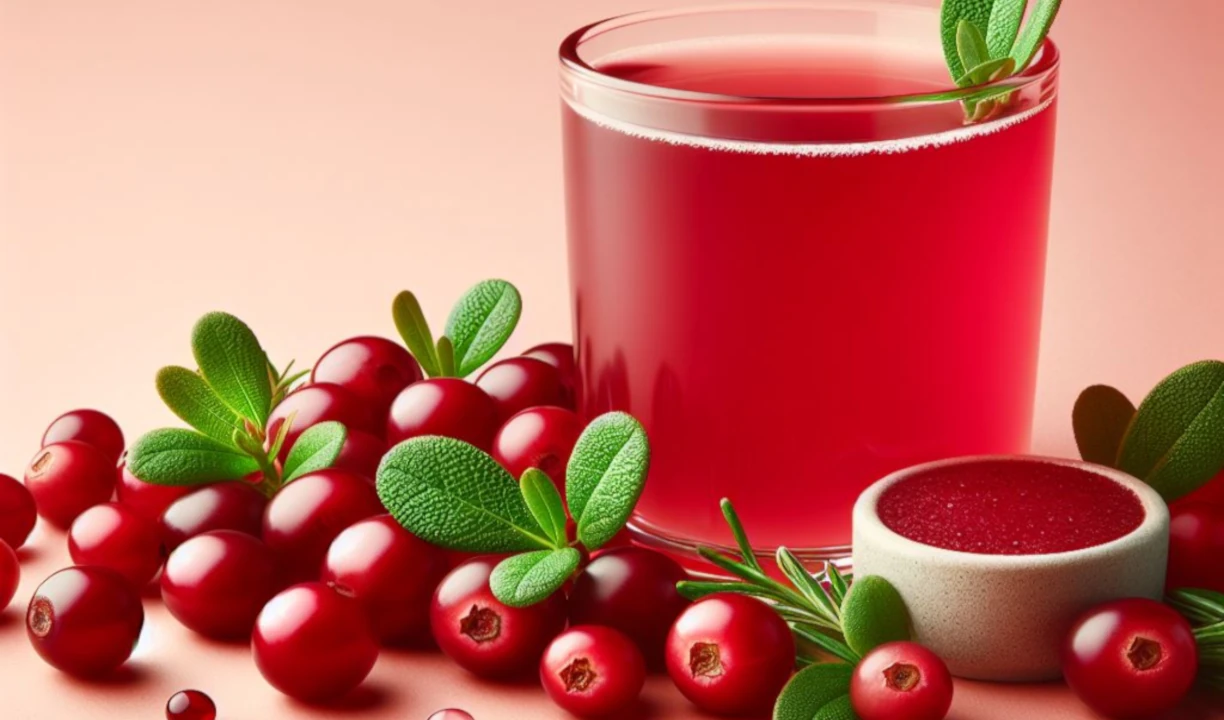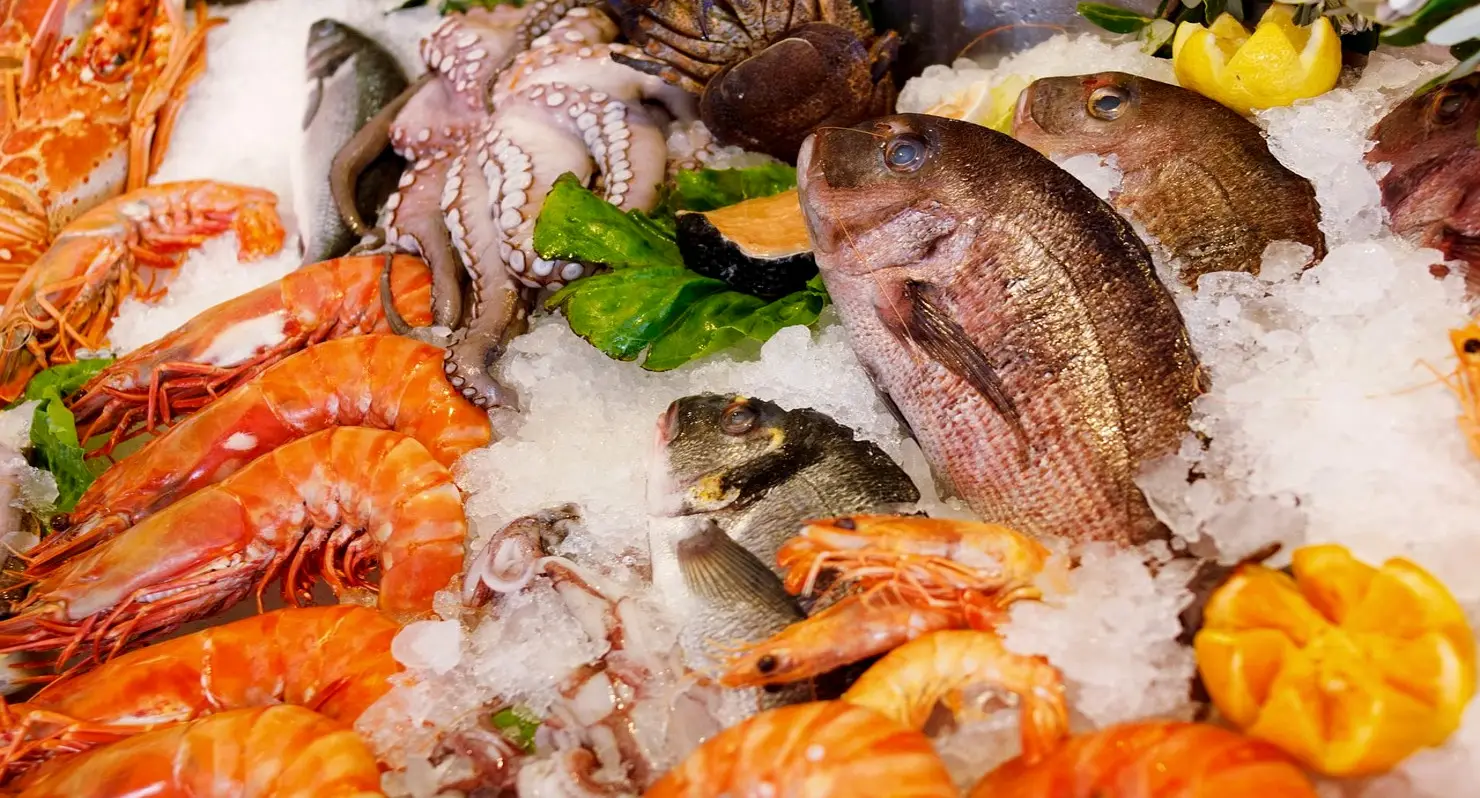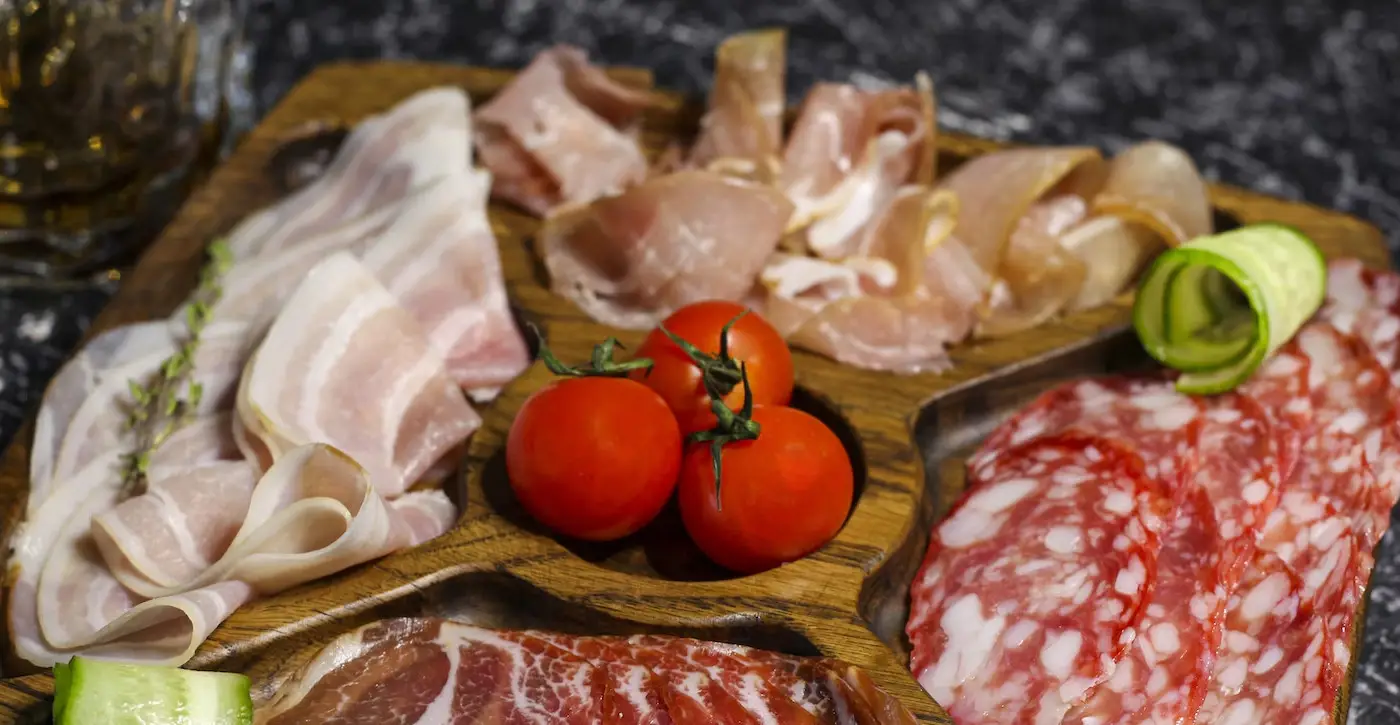Wild Pheasant Lysine and Arginine Info Sheet
Overview
Wild pheasant is a game bird that has a lean and tender meat with a mild flavor.Wild pheasant is a good source of protein, niacin, vitamin B6, and selenium, but it may also contain lead or other contaminants from the environment.
| Name | Lysine (mg/100g) | Arginine (mg/100g) | Ratio |
|---|---|---|---|
| Wild Pheasant | 2013.5mg | 1411.6mg | 1.426 |
Wild Pheasant contains 2013.5mg of Lysine and 1411.6mg of Arginine per 100g of product.
This means Wild Pheasant has a high Lysine-Arginine ratio of 1.426.
Because Wild Pheasant contains slightly more lysine than arginine, increasing its consumption may benefit people who suffer from herpes, as it may boost the immune system.
Lysine Considerations
Wild pheasant has a very high amount of lysine, which is an essential amino acid that supports protein synthesis, collagen formation, and immune function.
Lysine can help prevent or treat cold sores, which are blisters caused by the virus HSV-1, also known as herpes.
Lysine works by blocking the growth of HSV-1, which needs another amino acid called arginine to multiply and infect cells.
Lysine can only be obtained through diet, and can be found in different high-protein foods like milk and cheese, fish, eggs, meat and poultry.
Arginine Considerations
Wild pheasant has a high amount of arginine, which is a semi-essential amino acid that plays a role in wound healing, nitric oxide production, and urea cycle.
Arginine has different benefits for our health and performance, such as lowering blood pressure, enhancing wound healing, and increasing exercise endurance.
Arginine can also affect the herpes virus, which causes cold sores and genital herpes.
Studies suggest that arginine may help the virus grow and cause outbreaks, so people with herpes may want to avoid foods that are high in arginine or take lysine supplements to block its effects.
Lysine-Arginine Ratio
Wild pheasant has a high lysine-arginine ratio, which may be beneficial for people with herpes simplex virus (HSV) infections, as lysine may inhibit the replication of HSV, while arginine may enhance it.
Both lysine and arginine play crucial roles in protein synthesis and other metabolic activities.
Interestingly, they have contrasting effects on the herpes simplex virus, which is responsible for cold sores and genital herpes.
Lysine can stunt the virus's ability to replicate, while arginine can promote it.
Consequently, consuming foods with a high lysine to arginine ratio may help decrease the frequency and severity of herpes flare ups.
Foods with a high lysine-arginine ratio include dairy products products, fish, poultry, fruits, and vegetables.
These foods can supply the body with sufficient lysine to block the virus's absorption of arginine, thereby preventing its growth and spread.
Dietary Considerations
Poultry is a lean meat that is high in protein and lysine.
Poultry can help stunt or relieve the severity of herpes outbreaks, as lysine can slow down the replication of the herpes virus.
Poultry also contains iron, phosphorus, and vitamin B6, which are important for energy production and red blood cell formation.
Chicken and turkey are some of the poultry that have more lysine than arginine, with usually around 30% to 40% more.

For example:
Drinking enough water to keep yourself hydrated and remove toxins from your body.
Water can also help prevent dryness and irritation of the skin and mucous membranes, which can result in fewer outbreaks.
You may want to take l-lysine supplements.
L-lysine is known to prevent herpes outbreaks and it can help stop a cold sore in its initial stages by "starving" the virus of arginine before it has a chance to cause a cold sore.
Taking other food supplements that can improve your immunity and protect your cells from oxidative stress, such as vitamin C, zinc, selenium, and antioxidants.
Avoiding foods that can cause allergic reactions or sensitivities, such as gluten, dairy, nuts, eggs, or shellfish.
These foods can trigger inflammation and weaken your immune system, making you more susceptible to outbreaks.
Pain, swelling, and itching can be reduced by eating foods that have anti-inflammatory, antiviral, and antibacterial properties, such as honey, yogurt, aloe vera, and chamomile.
These foods can also help you heal faster by promoting tissue repair.
Check more food information






